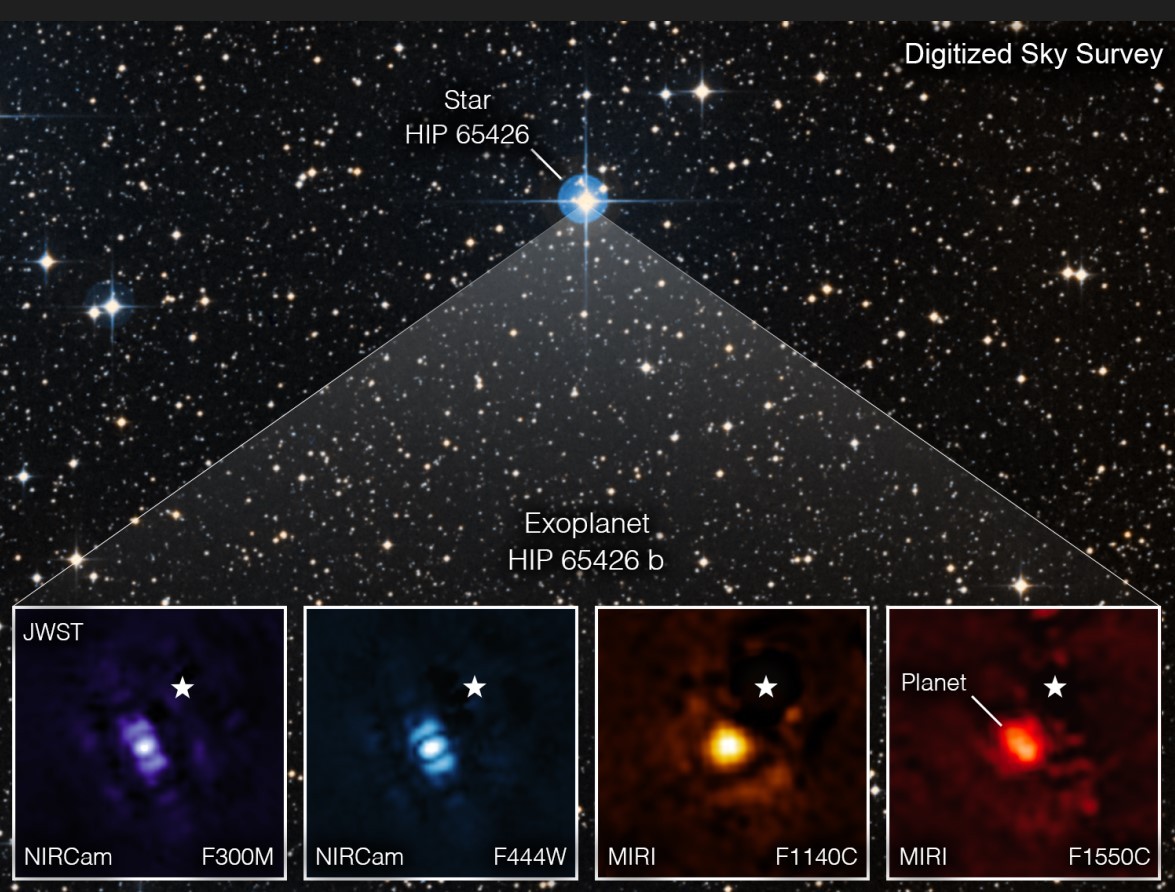In a new study published in The Lancet on August 9, an analysis to 18 months of follow-up of a cluster-randomised trial of the WHO prequalified S Typhi Vi polysaccharide tetanus toxoid conjugate vaccine (Vi-TT; Tybar TCV, Bharat Biotech International, Hyderabad, India) among infants and children aged 9 months to younger than 16 years in the densely populated and highly mobile urban area of Mirpur, Dhaka, Bangladesh were done. The study reported a robust anti-Vi IgG responses and significant overall protection with vaccination.
In The Lancet, Firdausi Qadri and colleagues report the analysis to 18 months of follow-up of a cluster-randomised trial of the WHO prequalified S Typhi Vi polysaccharide tetanus toxoid conjugate vaccine (Vi-TT; Tybar TCV, Bharat Biotech International, Hyderabad, India) among infants and children aged 9 months to younger than 16 years in the densely populated and highly mobile urban area of Mirpur, Dhaka, Bangladesh. This is compared with the SA 14-14-2 Japanese encephalitis vaccine control group, Vi-TT conferred 85% (97·5% CI 76–91, p<0·0001) total protection.
The past several years has seen advancement in our understanding of the scale of the global typhoid fever problem, the alarming emergence in south Asia of extensively drug-resistant Salmonella enterica serovar Typhi (S Typhi) threatening effective treatment, and the WHO prequalification of a typhoid conjugate vaccine TypbarTCV, a new tool to prevent disease.
In the latest follow up study published in The Lancet, both total and overall vaccine protection was significant in all vaccinated age groups, including children younger than 2 years, in whom robust anti-Vi IgG responses were also observed. The Typhoid Conjugate vaccine was well tolerated, and no serious vaccine-related adverse events were identified.
Methods
A participant-masked and observer-masked cluster-randomised trial preceded by a safety pilot phase in an urban endemic setting in Dhaka, Bangladesh. 150 clusters, each with approximately 1350 residents, were randomly assigned (1:1) to either Vi-TT or SA 14-14-2 Japanese encephalitis (JE) vaccine. Children aged 9 months to less than 16 years were invited via parent or guardian to receive a single, parenteral dose of vaccine according to their cluster of residence. The study population was followed for an average of 17·1 months. Total and overall protection by Vi-TT against blood culture-confirmed typhoid were the primary endpoints assessed in the intention-to-treat population of vaccinees or all residents in the clusters. A subset of approximately 4800 participants was assessed with active surveillance for adverse events. The trial is registered at www.isrctn.com, ISRCTN11643110.
Findings
41 344 children were vaccinated in April–May, 2018, with another 20 412 children vaccinated at catch-up vaccination campaigns between September and December, 2018, and April and May, 2019. The incidence of typhoid fever (cases per 100 000 person-years) was 635 in JE vaccinees and 96 in Vi-TT vaccinees (total Vi-TT protection 85%; 97·5% CI 76 to 91, p<0·0001). Total vaccine protection was consistent in different age groups, including children vaccinated at ages under 2 years (81%; 95% CI 39 to 94, p=0·0052). The incidence was 213 among all residents in the JE clusters and 93 in the Vi-TT clusters (overall Vi-TT protection 57%; 97·5% CI 43 to 68, p<0·0001). We did not observe significant indirect vaccine protection by Vi-TT (19%; 95% CI −12 to 41, p=0·20). The vaccines were well tolerated, and no serious adverse events judged to be vaccine-related were observed.

Results show that a single-dose regimen of Vi-TT, given to participants aged 9 months to less than 16 years in urban Bangladesh, was safe, immunogenic, and highly protective against typhoid fever over an average of 17·1 months of post-dosing follow-up.
Children aged 9 months to less than 16 years were invited via parent or guardian to receive a single, parenteral dose of vaccine according to their cluster of residence. The study population was followed for an average of 17·1 months. Total and overall protection by Vi-TT against blood culture-confirmed typhoid were the primary endpoints assessed in the intention-to-treat population of vaccinees or all residents in the clusters. A subset of approximately 4800 participants was assessed with active surveillance for adverse events. The trial is registered at www.isrctn.com, ISRCTN11643110.
Typhoid fever remains a major cause of morbidity and mortality in low-income and middle-income countries. Vi-tetanus toxoid conjugate vaccine (Vi-TT) is recommended by WHO for implementation in high-burden countries, but there is little evidence about its ability to protect against clinical typhoid in such settings.
findings strongly support global efforts by WHO and the Global Alliance for Vaccines and Immunization to introduce Vi-TT vaccine into public health programmes for populations affected by high rates of endemic typhoid fever, including those with a high burden of typhoid in very young children. Fine tuning such efforts, including the potential use of booster doses of Vi-TT, will require further work to define the duration of vaccine protection






